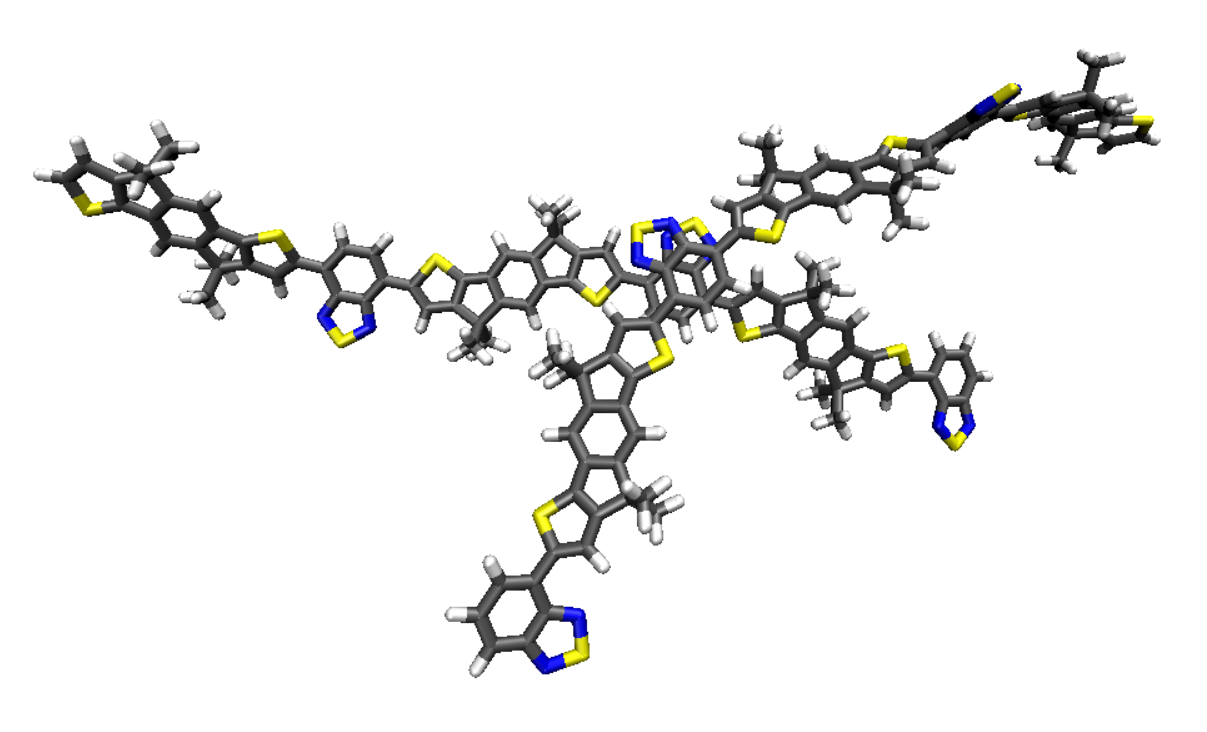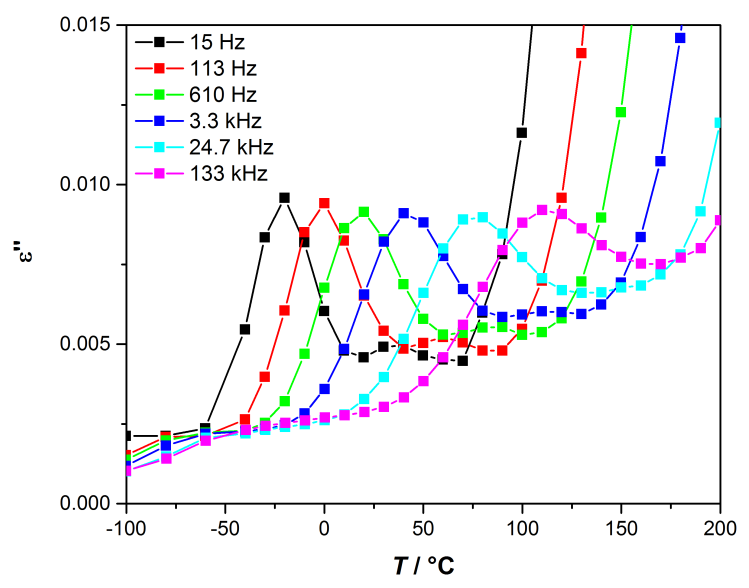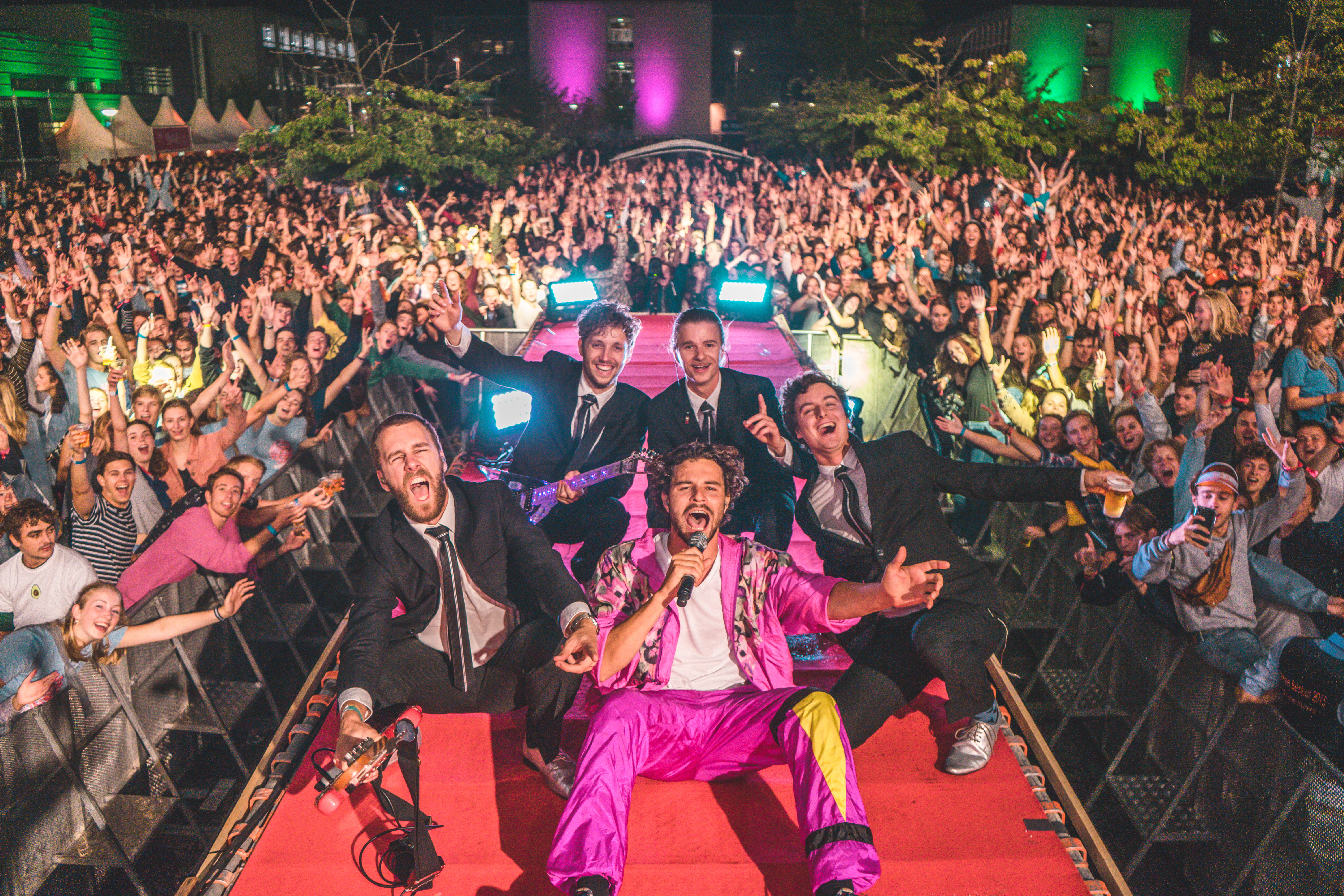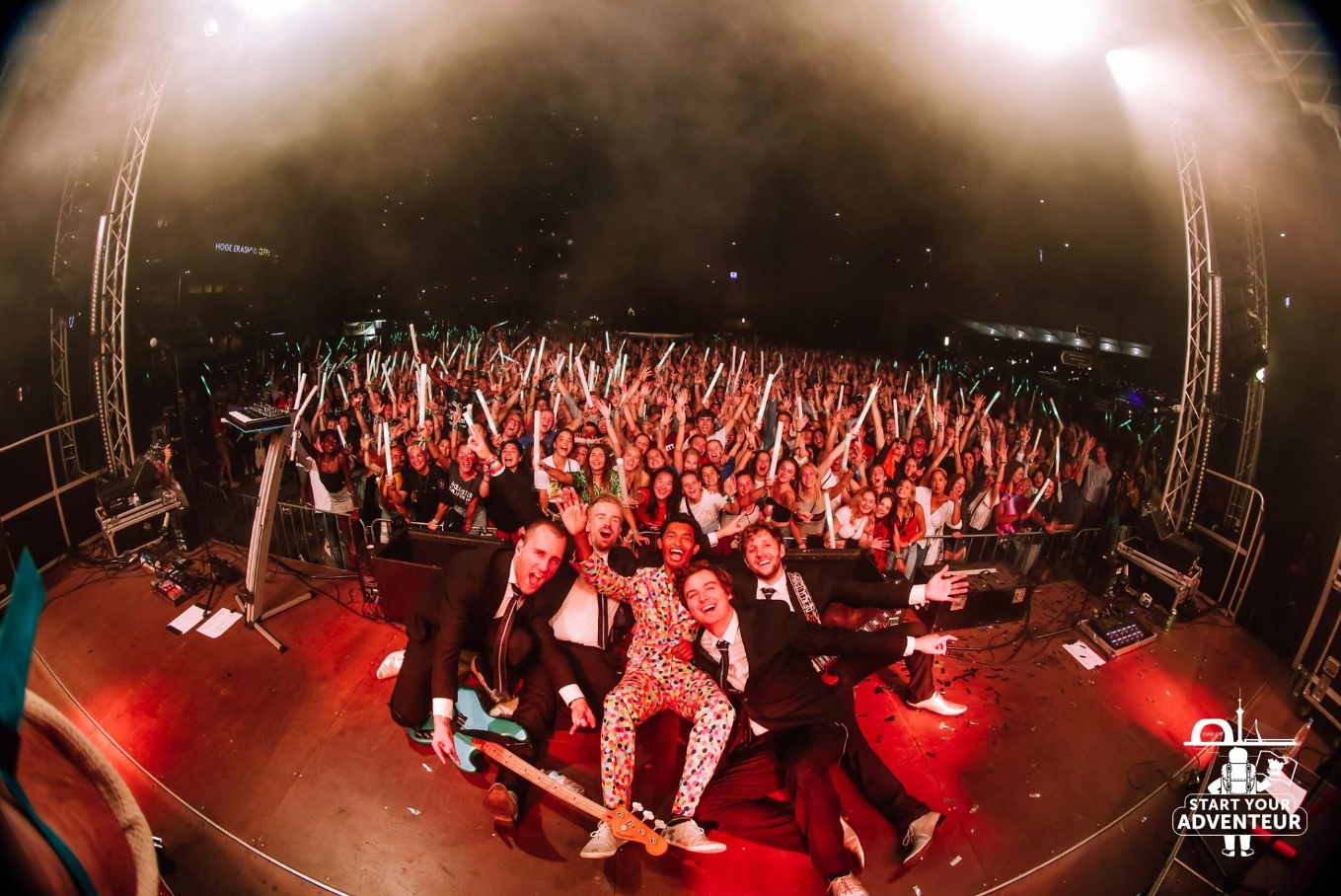In the field of materials design, machine learning techniques have been used to develop data-driven models for optimizing material properties. The performance of the model can be sensitive to the choice of optimization algorithm, making optimizer selection a challenging task. In recent years, there has been a transition in optimization from hand-designed to learned features, with the learning to optimize (L2O) approach attempting to learn the optimization conditions itself. While many studies in the field of L2O have demonstrated good performance on a specific task distribution, they often suffer from poor generalization to other distributions.
In materials design, the availability of training data can be limited due to the expense of prototyping or detailed simulations. This can make it difficult to achieve convergence of the learned features, which may require large amounts of data. To address these issues, we propose a new approach called "Learning to Choose Optimizers" (L2CO). Our method allows a meta-learner to select from a range of static, well-established optimizers at test time. This enables the system to adapt to different task distributions and enhance generalization performance by switching to a different optimizer as needed. In this proof-of-concept study, we train our model offline on a diverse set of benchmark loss-functions and apply a range of gradient-based, population-based, and probabilistic model-based optimizers. We take inspiration from recommendation systems to identify the most appropriate optimizer for an unseen test problem, and in the online stage, the meta-learner is able to choose and switch optimizers during training.
The potential of this approach is demonstrated by comparing its performance to classical optimizers and established L2O-architectures on benchmark loss-functions and simple material design studies. The results suggest that L2CO has the potential to be a useful tool in the field of materials design, and we make our code and documentation available as open-source resources using the f3dasm framework.

Martin van der Schelling
Hi! I'm trying to implement computational modelling and optimization with materials science. With my chemical background, I'm curious about the world of plastics and composites. During my sustainability minor, I've gained an interest in renewable energy and technology. I'm ready to take on the challenges that come with the clean energy transition and to give value to waste-stream processes. Besides, I play the piano in a cover band!
Experience
Brown University
Visiting Scholar • Sep, 2023 — Feb, 2024
Engaged as a Visiting Scholar at Brown University, I collaborated with leading academics on cutting-edge research, expanding my expertise in computational mechanics and contributing to the university's educational program.
Delft University of Technology
PhD Candidate • Feb, 2022 — Present
Material optimization guided by machine learning.
ALTEN Nederland
Consultant Technology • May, 2021 — Feb, 2022
Scientific software engineer.
The ALTEN Technical Software Masterclass is a 6 week course covering C++ and Object Oriented Programming. During this Masterclass an autonomous player is programmed for a client-server framework of the game Bomberman. The focus of the project is on learning good programming practices and knowledge about Git, software design and scrum are also implemented.
The following activities are covered during the masterclass:
- Delivery of a document containing the various design choices and diagrams for Object Oriented Programming (UML)
- Implementing an AI agent that can make intelligent choices in C++
- Unit testing of the implemented code.
- Presenting the finished project and the developed software.
KROHNE New Technologies
Test engineer • July, 2021 — Dec, 2021
Consultant via ALTEN Nederland.
KROHNE is a world-leading manufacturer and supplier of solutions in industrial process instrumentation. The portable clamp-on project is a detachable flowmeter which is supported with an Android application in order to send and display information from the flowsensor.
I fulfilled the role as a test engineer for the Android application and have conducted the following activities:
- Performing manual integration testing
- Developing automatic test scripts with Xamarin UITest in C#
- Using an in-house test suite application to conduct data verification of the KROHNE flowmeter in JavaScript
- Generating test reports and managing the communication between the development team
- Developing automatic power profiling tests in JavaScript
- Developing data analysis scripts in Python 3
- Maintaining Arduino C++ code for a servo potentiometer
NPSP B.V.
Graduation student • Mar, 2020 — Mar, 2021
NPSP B.V. is a research and development company within the field of bio-based composites. New circular materials are being produced by using materials from waste streams.
During this project I developed a Bayesian optimization model to enhance their research. This application uses the mechanical properties of different composite recipes to predict which material ratios need to be adjusted in order to produce better natural composites.
Besides this specific application of algorithmic optimization, I delved deeper into meta-heuristics and meta-learning. Based on the loss-landscape of general optimization problems, I have developed a unique reinforcement-learning system in which the most competent algorithm is chosen for the right problem.
For this I satisfied the following activities:
- Translated researchers' questions into software requirements
- Carried out a thorough literature review and academic reporting
- Simulations performed on a cluster computer network
- Gave multiple oral presentations; both for the client and the employer
- Concise documentation supplied for the application
Delft University of Technology
Teacher Assistant Computational Materials Science • Feb, 2020 — Apr, 2020
Grading assignments and giving feedback for the mastercourse 'Computational Materials Sciences I'.
During the master's program 'Materials Science & Engineering', students are taught material simulation and modeling techniques within the course 'Computational Materials Science'. For this course I held the position of teacher assistant and during the course I checked the assignments of 80 students and provided feedback.
My activities within this position were:
- Review the code of the first-year students and give feedback in both MATLAB and Python
- Document the worked-out solutions of the weekly assignments by means of Jupyter Notebook
- Document the students' grades
OGD ict-diensten
IT-support • Nov, 2016 — July, 2018
First line IT-desk co-worker in a team. Setting-up of internal IT-procedures.
- Ampelmann B.V. (May, 2018 — July, 2018)
- Priva B.V. (Nov, 2016 — Apr, 2017)
Education
Delft University of Technology
MSc Materials Science & Engineering • Sept, 2018 — Mar, 2021
- Self-defined specialisation — Plastics, sustainability and computational materials sciences
- MSc thesis — A data-driven heuristic decision strategy for data-scarce optimization with an application towards bio-based composites. Graded 9.5/10.
With a background in chemical engineering, I am interested in the world of polymers and soft matter. I took courses in ‘Functional Coatings’ and ‘Self-healing Materials’ to become an expert in incorporating chemistry in modern material science. In addition, the minor ‘Sustainable Energy and Technology’ and the MSc course ‘Materials for Clean Energy Technology‘ have taught me a lot about the world-wide drive of creating renewable energy and products. With my knowledge in chemical material sciences, I would like to be part of the global sustainability trend. Lastly, the course ‘Polymer Science’ has taught me that unconventional materials such as polymers are complex to model. Because of that, the multiple courses on Computational Materials Science are an essential aspect to my specialisation.
Imperial College London
External Research Project • Sept, 2019 — Dec, 2019
- Simulating the charge mobility transfer of the copolymer C16-IDTBT with Kinetic Monte Carlo. Graded 9.0/10.
To enhance the performance of organic solar cells, it is essential to investigate the microscopic features that affect the charge mobility in semiconducting materials. The co-polymer indacenodithiophene-benzothiadiazole (C16-IDTBT) has shown promising results for high mobility hole transfer. This research attempts to integrate the microscopic dynamics of this co-polymer onto the macroscopic simulation program ToFeT. The Time-of-Flight and field-effect transistor mobility measurements methods and their implementation in the simulation code are described. Subsequently, a network of inter and intramolecular interactions is built, and the morphology of C16-IDTBT is extracted from a molecular dynamics simulation in Gromacs. The resulting hole mobilities are compared with transient SCLC and FET experimental data from literature. The time-of-flight mobilities show similar behaviour with experimental transient SCLC mobilities.


Delft University of Technology
BSc Molecular Science & Technology • Sept, 2013 — Mar, 2018
- BSc thesis — Study of UiO-66 linkers' rotational dynamics
- Minor — Sustainable Energy & Technology
Due to the ever-increasing demand for efficient data storage, innovative ways of storing data on the molecular level is being investigated. To store data on the molecular level, rotating linkers of the UiO-66 metal-organic framework (MOF) are a possible candidate. Before we can control this rotation, the rotational dynamics of the 1,4-dicarboxylic linker are being researched. With the characterization techniques PXRD, DRIFTS, TGA and N2-adsorption, it was concluded that the structure and surface area is the same as reported materials. WIth broadband dielectric spectroscopy, the rotational dynamics of the metal-organic frameworks was examined. In addition, we compared UiO-66-NO2 with another MOF with the same BDC linker, MIL-53-NO2, and it showed that the dielectric relaxation is around the same temperature. This suggests that the interaction of the linker and the framework is of equal magnitude. In conclusion, UiO-66-NO2 has a similar interframework interaction as MIL-53-NO2. The large difference between relaxation temperatures for UiO-66-NH2 and UiO-66-NO2 may be explained by the interactions between the cornerstone and the linker which can hinder the rotation.

Associations
V.O.F. De Klittenband
Keyboard player & manager • Feb, 2015 — Present
Studentcoverband with 30 shows per year. Manager of a small business since September 2018.



Hockeyclub Delfshaven
Competition Secretary • 2021 — Present
Responsible for planning fieldhockey matches and appointing referees for the fieldhockeyclub HC Delfshaven.
Student Association 'Tubalkain'
Board of Studies member • 2018 — 2019
Safeguards the educational quality of the master program ’Materials Science & Engineering’.
K.S.V. Sanctus Virgilius
Advisory Board Theatre Production • 2018 — 2021
Responsible for the long-term policies and assisting the current board.
K.S.V. Sanctus Virgilius
Board member Theatre Production • 2015 — 2016
Organizing a student musical for 50 students and professionals in ’Theater de Veste’.
AEGEE-Delft
Secretary Art & Culture committee • 2014 — 2015
Organizing various cultural activities, including the art and music festival 't Collectief
Interests
Programming languages
Python, C++, MATLAB
Applications and tools
Git, LaTeX, Anaconda, MS Visual Studio Code, QtCreator, VideoPad Video Editor
Methods
Scrum, Object Oriented Programming, Data Driven Design
Licenses
PADI Open Water Diver, ISTQB Foundation Level
Fieldhockey
Enthusiast of fieldhockey. I enjoy playing in Delft, Rotterdam and during my internship in London.
Playing piano
I enjoy making music with friends and performing with my coverband. Check out this livestream I took part in!
Social Links
- Github: https://github.com/mpvanderschelling
- LinkedIn: https://www.linkedin.com/in/mpvanderschelling/
- Website: https://mpvanderschelling.github.io/feestboek/